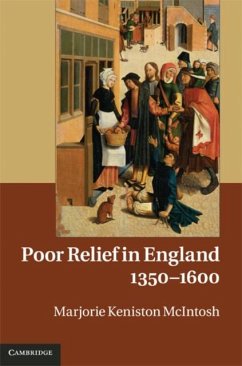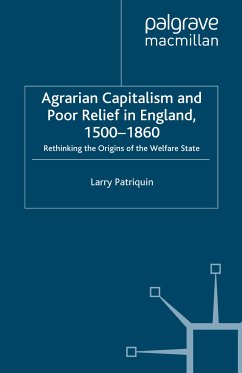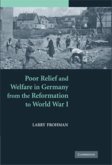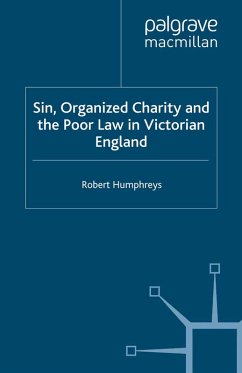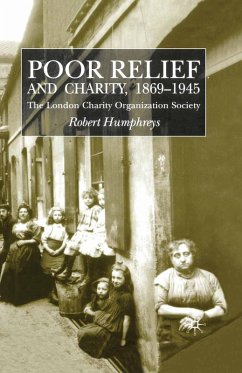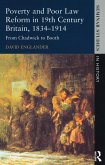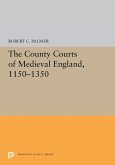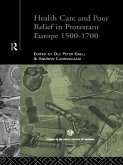Between the mid-fourteenth century and the Poor Laws of 1598 and 1601, English poor relief moved toward a more coherent and comprehensive network of support. Marjorie McIntosh's study, the first to trace developments across that time span, focuses on three types of assistance: licensed begging and the solicitation of charitable alms; hospitals and almshouses for the bedridden and elderly; and the aid given by parishes. It explores changing conceptions of poverty and charity and altered roles for the church, state and private organizations in the provision of relief. The study highlights the creativity of local people in responding to poverty, cooperation between national levels of government, the problems of fraud and negligence, and mounting concern with proper supervision and accounting. This ground-breaking work challenges existing accounts of the Poor Laws, showing that they addressed problems with forms of aid already in use rather than creating a new system of relief.
Dieser Download kann aus rechtlichen Gründen nur mit Rechnungsadresse in A, B, BG, CY, CZ, D, DK, EW, E, FIN, F, GR, HR, H, IRL, I, LT, L, LR, M, NL, PL, P, R, S, SLO, SK ausgeliefert werden.

